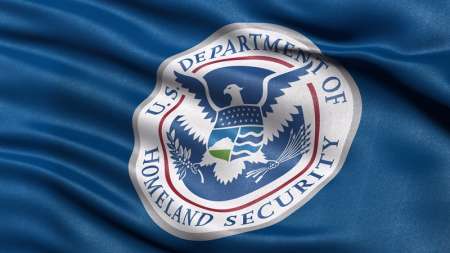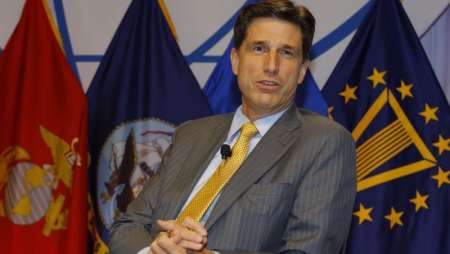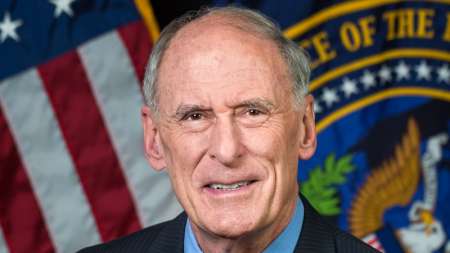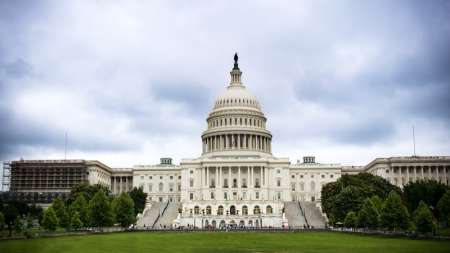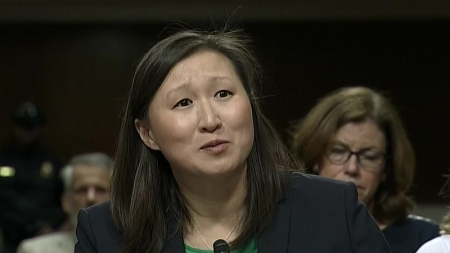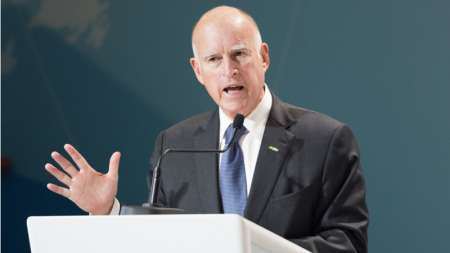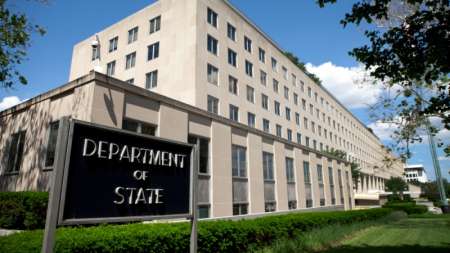Lawmakers last Wednesday decried a surreptitious industry effort to correct longstanding hardware vulnerabilities affecting nearly all modern computer processors. The reason? The Federal government didn’t get the memo. […]
Welcome to MeriTalk News Briefs, where we bring you all the day’s action that didn’t quite make the headlines. No need to shout about ‘em, but we do feel that they merit talk. […]
Welcome to MeriTalk News Briefs, where we bring you all the day’s action that didn’t quite make the headlines. No need to shout about ‘em, but we do feel that they merit talk. […]
Amid mounting concern about attacks by foreign adversaries on the Department of Homeland Security’s supply chain, two House subcommittees met today to discuss that threat and legislation proposed by the White House–the Federal Information Technology Supply Chain Risk Management Improvement Act–that would respond to the problem. […]
Department of Defense (DoD) Chief Information Officer Dana Deasy said today at the Defense Systems Summit that he has identified four “key strategic areas” that will work to support the National Defense Strategy (NDS). Those four areas – cloud, artificial intelligence, C3 (command, control, and communications), and cybersecurity – are organized not in order of importance, but rather “order of integration,” Deasy said, with each of the priorities flowing from the prior one. […]
Welcome to MeriTalk News Briefs, where we bring you all the day’s action that didn’t quite make the headlines. No need to shout about ‘em, but we do feel that they merit talk. […]
Paul Craft, director of operations at the Joint Force Headquarters Department of Defense Information Network (JFHQ-DoDIN), spoke today at the Defense Systems Summit about how his relatively new component of U.S. Cyber Command is now tasked with operating and securing the entirety of DoD’s sprawling IT network infrastructure and has undertaken a complete restructuring of network operations for all of DoD. […]
Even as Apple went public yesterday with a new mobile device operating system intended to close security loopholes that law enforcement agencies were using to access locked devices, one digital forensics firm said it found a workaround to bypass the new security features for a cost of about forty bucks. […]
Director of National Intelligence Dan Coats said Monday that the intelligence community (IC) will be prioritizing a comprehensive cyber posture, machine-augmented intelligence, and modern data management as “foundational priorities” in the coming years, following a year-long reexamination of the IC known as the IC2025 initiative. […]
Various arms of the Federal government are grappling with how to best curb critical infrastructure risk despite uncertainty regarding the best path forward and knowledge barriers surrounding the underlying technology. […]
Keeping pace with growing cyber threats is an uphill battle for Federal agencies as network complexity increases and the boundaries of networks extend to systems and devices not always under the control of their IT organizations. […]
Welcome to MeriTalk News Briefs, where we bring you all the day’s action that didn’t quite make the headlines. No need to shout about ‘em, but we do feel that they merit talk. […]
A mobile device security platform funded in part by the Department of Homeland Security (DHS) Science and Technology Directorate (S&T) has been updated with a never-before-seen feature to help tackle one of the most persistent problems in Federal agency cybersecurity. […]
Amid growing fears of large-scale cyberattacks–ranging from attacks on infrastructure, to cyber espionage that threatens national security, to a “terabyte of death”–Congressional lawmakers are calling for a more clearly defined strategy for responding to such attacks. […]
Welcome to MeriTalk News Briefs, where we bring you all the day’s action that didn’t quite make the headlines. No need to shout about ‘em, but we do feel that they merit talk. […]
The National Defense Authorization Act (NDAA) for FY2019 will head into conference next week when legislators return from the Fourth of July recess. The $700+ billion must-pass defense spending bill has been approved in both the House and Senate, and now the two chambers must come together to reconcile differences in the legislation and re-vote the unified bill before it can land on President Trump’s desk for signing. […]
Leaders in the Federal intelligence community, speaking last Tuesday at Defense One’s Tech Summit, said that their agencies are using vast stores of data, machine learning, and neural networks to go beyond simple fact-finding, to now radically re-envision how the intelligence community acts on credible information. But with these advances in technology come thorny new ethical and procedural questions, those officials said. […]
With cybersecurity threats on the rise, most recently seen in a Chinese hack of a Navy contractor, the Department of Defense is taking new steps to ensure security, in part by putting more of the onus on contractors. […]
California lawmakers on Thursday passed the California Consumer Privacy Act of 2018, one of the toughest U.S. laws governing data privacy. The legislation specifically targets information companies, including Google, Facebook, Amazon, and AT&T–many of whom are headquartered in California. […]
The latest edition of the Army’s annual Cyber X-Games exercise is designed to let Reserve and other cyber warriors team up to train in dealing with real-world situations. It is focused on protecting U.S. infrastructure, an area somewhat outside the norm for the exercises, but one that reflects an emerging potential battleground on the cyber landscape. […]
Welcome to MeriTalk News Briefs, where we bring you all the day’s action that didn’t quite make the headlines. No need to shout about ‘em, but we do feel that they merit talk. […]
The House Science, Space, and Technology’s Oversight Subcommittee convened Wednesday to discuss the threat posed by international mobile subscriber identity (IMSI) catchers–which have recently come into the spotlight as tools foreign actors could be using to spy on Federal officials and perhaps even the President himself–but witnesses at the hearing said there were no easy solutions to the problem. […]
The House Foreign Affairs Committee today approved by voice vote the Cyber Deterrence and Response Act, which would “address state-sponsored cyber activities against the United States” by directing the President to designate “critical cyber threat actors.” […]
While political and military leaders debate the pros and cons of whether the United States needs a separate “Space Force,” Chinese hackers have offered a reminder of two truths: operations in space are extremely important, and the assets used in space are vulnerable to cyberattack. […]
Welcome to MeriTalk News Briefs, where we bring you all the day’s action that didn’t quite make the headlines. No need to shout about ‘em, but we do feel that they merit talk. […]
Small businesses are a particularly weak spot in the American armor when it comes to a potential blow that could be struck by Chinese telecommunications equipment manufacturers ZTE and Huawei. […]
Welcome to MeriTalk News Briefs, where we bring you all the day’s action that didn’t quite make the headlines. No need to shout about ‘em, but we do feel that they merit talk. […]
The House Energy and Commerce Committee’s Subcommittee on Communications and Technology today discussed the most recent draft of the National Telecommunications and Information Administration Reauthorization Act of 2018, which the subcommittee said is intended to “support broadband infrastructure, efficient spectrum use, and drive the nation’s internet-connected economy.” […]
The Trump administration’s nominees to become head of cybersecurity and Inspector General (IG) at the Department of Energy (DoE) received a largely warm welcome from members of the Senate Energy and Natural Resources Committee today as the panel held a hearing to consider those and several other DoE nominations. […]
The State Department on Friday held the fourth United States-Republic of Korea Information and Communication Technology (ICT) Policy Forum in Seoul, South Korea, which brought together private sector representatives and delegations from the two nations to discuss how the countries can collaborate to advance mutual goals in areas of 5G mobile technology, artificial intelligence, inclusive Internet governance, and data privacy. […]


